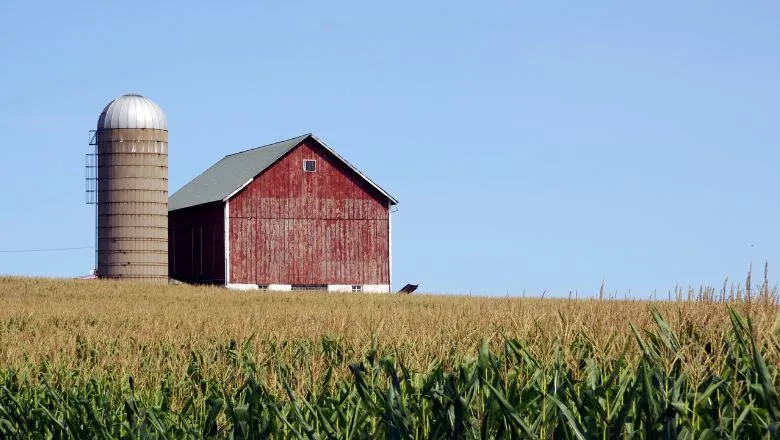Farm Transition Planning vs. Estate Planning: Understanding the Differences and Why Both Matter

Farm Management Resources
Family farms are more than just businesses, they are legacies, lifestyles, and often the heart of rural communities. As such, ensuring their continuity across generations requires thoughtful and strategic planning. Two key components of this process are farm transition planning and estate planning. While they are closely related and often overlap, they serve distinct purposes and are both critical to a successful generational handoff.
In this article, we’ll explore what each type of planning entails, how they differ, and why both are essential to preserving the future of the farm.
What Is Farm Transition Planning?
Farm transition planning is the comprehensive process of preparing for the transfer of ownership, management and operational responsibilities of a farm from one generation to the next. It’s a long-term, strategic effort that involves not just legal and financial considerations, but also family dynamics, business goals and personal values.
Key Elements of Farm Transition Planning:
- Identifying successors (family members or others)
- Training and mentoring the next generation
- Gradual transfer of management responsibilities
- Business structure adjustments (e.g., forming LLCs or partnerships)
- Financial planning to ensure viability for both generations
- Communication and conflict resolution among stakeholders
What Is Estate Planning?
Estate planning, on the other hand, is the legal process of arranging for the distribution of a person’s assets after their death. It includes creating documents such as wills, trusts, powers of attorney and healthcare directives. For farmers, estate planning ensures that land, equipment and other assets are passed on according to their wishes, with minimal tax burden and legal complications.
Key Elements of Estate Planning:
- Wills and trusts
- Power of attorney and healthcare directives
- Asset titling and beneficiary designations
- Tax planning (especially estate and inheritance taxes)
- Guardianship arrangements (if applicable)
Key Differences Between Farm Transition and Estate Planning
While both types of planning are crucial, they serve different purposes and operate on different timelines.
Farm transition planning focuses on the ongoing transfer of management and ownership during the owner’s lifetime, while estate planning primarily takes effect upon death and focuses on legal and financial asset distribution.
Why Both Are Important
- They Address Different Needs
Farm transition planning ensures the farm continues to operate smoothly and profitably, while estate planning ensures that the farm’s assets are distributed according to the owner’s wishes. One without the other can leave significant gaps.
- They Minimize Conflict
Clear planning reduces the risk of misunderstandings and disputes among heirs. Transition planning fosters communication and sets expectations early, while estate planning provides legal clarity and structure.
- They Protect the Farm’s Viability
Without proper planning, a farm may be forced to sell land, livestock, or equipment to cover estate taxes or resolve inheritance disputes. Coordinated estate and transition planning helps ensure the farm remains intact and operational, allowing it to continue supporting the family and future generations.
- They Support Retirement Goals
Farmers often rely on the farm for retirement income. Transition planning can include financial arrangements (e.g., rental income, phased buyouts) that support the retiring generation while empowering the next.
How They Work Together in the Farm Transition Process
A successful farm transition plan should be built on a solid estate plan. Estate planning provides the legal framework (e.g., trusts, ownership structures) that supports the goals of the transition plan. Transition planning provides the operational roadmap for how the farm will be managed and by whom. Together, they ensure continuity, reduce tax burdens and align family expectations with legal realities.
Final Thoughts
Farm transition planning and estate planning are not interchangeable, but they are interdependent. Together, they form the foundation for a smooth, sustainable transfer of the farm to the next generation. By addressing both the human and legal sides of succession, families can preserve not just their land and assets, but also their legacy and way of life.
If you’re a farmer or part of a farming family, now is the time to start the conversation. Engage with legal, financial and agricultural advisors who understand the unique challenges of farm succession. The earlier you begin, the more options you’ll have, and the greater the chance your farm will thrive for generations to come.
Get Your Start Today
Begin the process by accessing the Farm Transition Planning course in the Knowledge Center Digital Resource Hub. As a member of Farm Credit of the Virginias, you have exclusive access to the 16 module self-paced course covering business, financial and risk management. To log in, visit, https://www.farmcreditofvirginias.com/knowledge-center/resources/member-portal